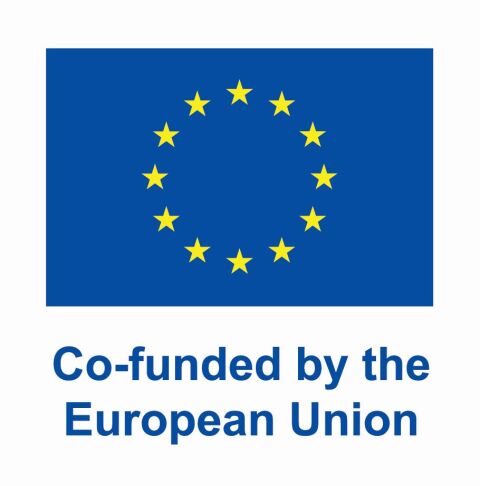Before the Erasmus+ Mobility
In February or March, you will be informed whether you have been chosen for one of the placement you applied for. Then we will nominate you for the exchange term at our partner institution. For you, the following topics will be relevant:
Wait for an e-mail from our partner university in which you receive further information regarding your stay abroad. Make sure to read and follow their instructions diligently and do not miss the indicated deadlines! Some students will also receive an e-mail from us giving you further information.
Take part in the Outgoer Seminar! You will receive your invitation in April while the seminar usually takes place in May. The seminar for summer term mobilities is scheduled for November. In these seminars, we will provide you with important information on certifications, various documents and other formal issues that you have to remember before, during and after your mobility.
You can also use the time before leaving to prepare yourself for the intercultural experience you are about to embark on.
At this point if not before, you should contact the designated coordinator at your faculty. Sort out which classes you want to take and whether can have these credits transferred to a subject at OVGU. Please create a Learning Agreement at our Outgoing Portal.
Please note that you are required to take classes worth between 25-30 ECTS at your host institution. These ECTS can also be acquired through language at the partner institution. This is a requirement made by the Erasmus+ programme which grants the students the Erasmus+ status and grant. Students who cannot account for the necessary number of ECTS after their mobility can be stripped of their Erasmus+ status and the granted right to the mobility scholarship retroactively.
Ms. Wiegmann will prepare your Grant Agreement according to the semester dates provided in your Acceptance Letter.
Please note: Within the Erasmus+ programme, each month consists of exactly 30 days and grant rates are calculated on this basis. Therefore, try to state the start and end date of your mobility period as accurately as possible. Check your acceptance letter or e-mail from you host institution for this information. If no exact period is indicated there, look for the academic calendar most universities offer online.
You can find the ISCED code (subject specific) in the exchange database filed under your host university. Please make sure not to confuse the Erasmus code with the ISCED code.
Since you can apply for Auslands-BAföG in addition to your Erasmus+ grant you should check out this option early enough before your study abroad. Those entitled to BAföG in Germany are very likely eligible for benefitting from Auslands-BAföG. Those not receiving BAföG payments in Germany may still be eligible for Auslands-BAföG. Due to higher costs of living in foreign countries, your eligibility to receive payments for staying abroad can be determined. Applying is often worth your while! Different, centralized International Offices in Germany are responsible for assessing your application depending on your host country.
The Online Language Support (OLS) in the Erasmus+ program is available via the EU Academy platform for students going abroad starting from the academic year 2022/23.
You can voluntarily take OLS language tests and courses online in preparation before, during and after your stay abroad. Test your knowledge and visit courses in as many languages as you wish! Currently the OLS platform is available in the most used languages: EN, FR, DE, ES, IT. This will be expanded successively!
You can get started directly via the following link.
Since the system is not completely self-explanatory, you can find a manual here (unfortunately only available in German).
If you have any questions or technical difficulties, please contact the Help-Center of the European Commission.
Find out early enough whether your insurance policies cover your stay abroad. Does your home health insurance apply? Do you need an accident or a liability insurance and would your current insurance policy cover you while living abroad?
Do not forget to re-register at OVGU for the time you spend abroad. Students participating in an exchange programme, whether taking a study leave or not, must remain enrolled and must heed the respective deadlines. This ensures continuous enrolment at OVGU and enables potential transfers of credit points assembled abroad.
You may also want to check out whether a study leave might be of interest for you. §11 of the OVGU enrolment regulation ('Immatrikulationsordnung') sees to the topic of study leaves. Since a study leave temporarily releases students from their duty of proving examinations, principally no credit points accumulated while studying abroad can be transferred to your home institution. Some faculties will transfer credit points under certain conditions. Please clarify all of these questions with the examination office responsible for you. More information can be found here.
The ISIC (International Student Identity Card) is the only ID that is recognized worldwide with which you can identify yourself almost everywhere as a school pupil or student and thus benefit from discounts that are also available to pupils and students living in the respective country. The helpline number from which information on health regulations or visa rules can be obtained for free can be found on every ISIC card. Equally, in case of emergency, advice is available round the clock.
You can apply for the ISIC at the Student Union in Magdeburg during the opening hours of the Info Point in the Mensa on the main campus. For more information on ISIC, read here or visit the official ISIC website.
